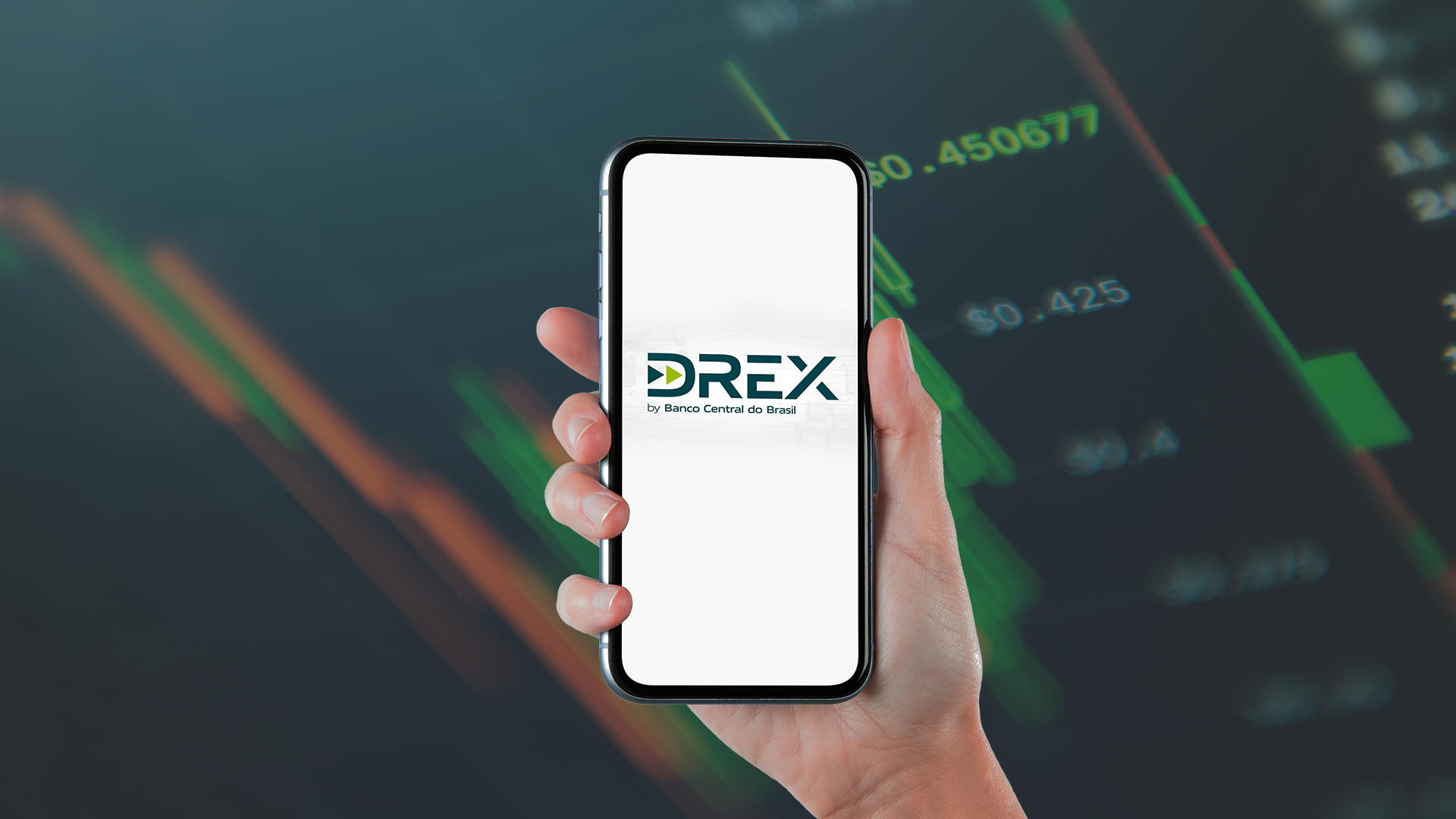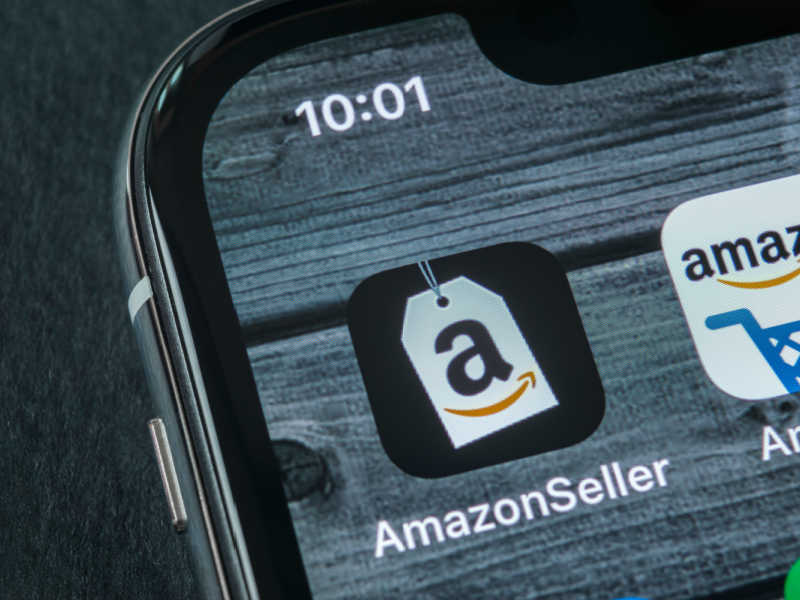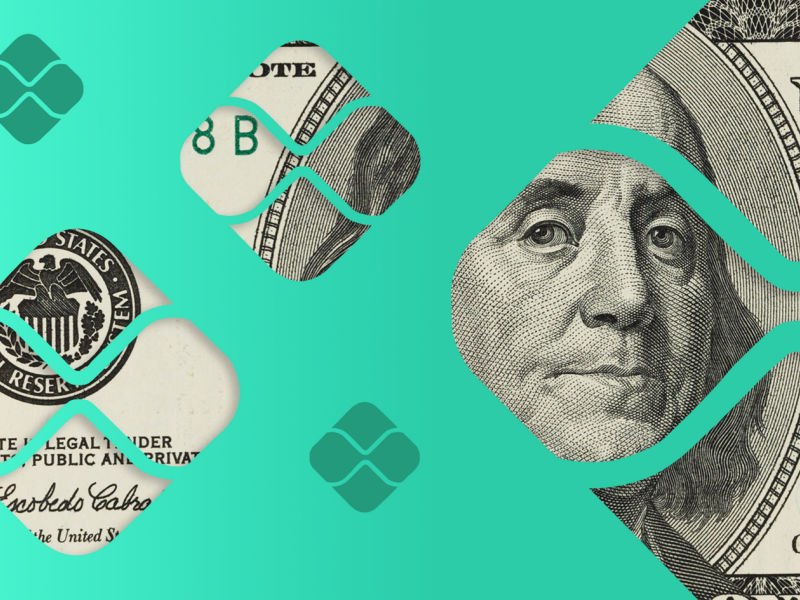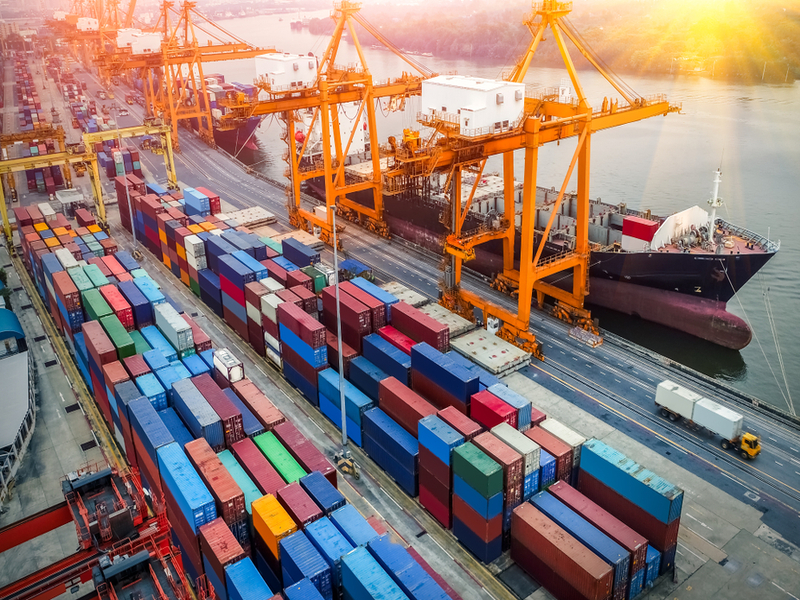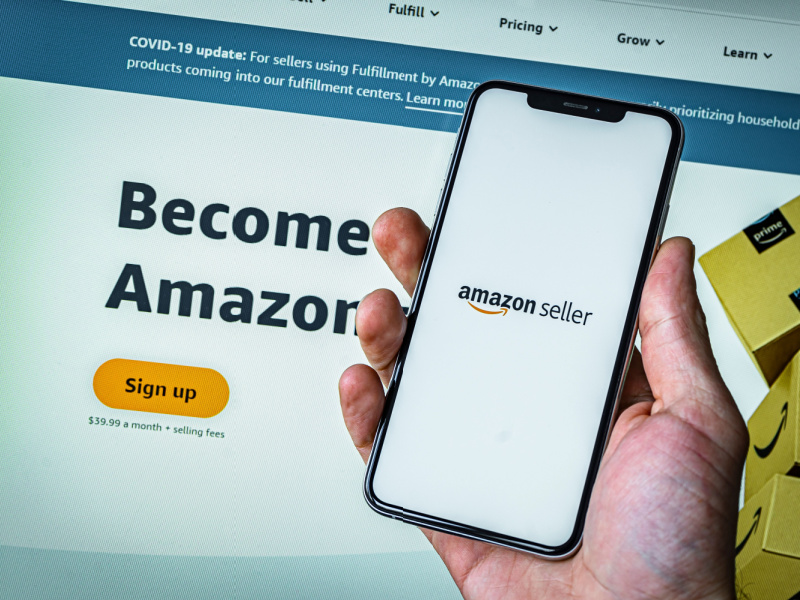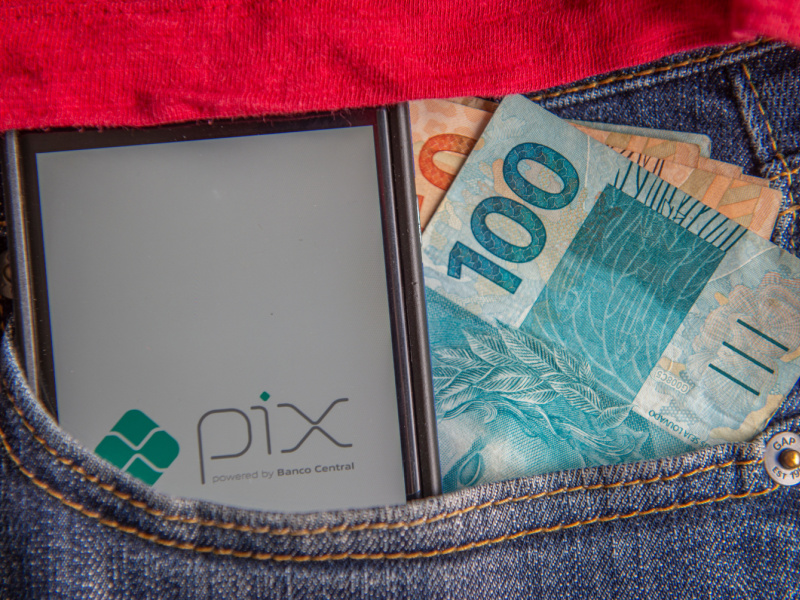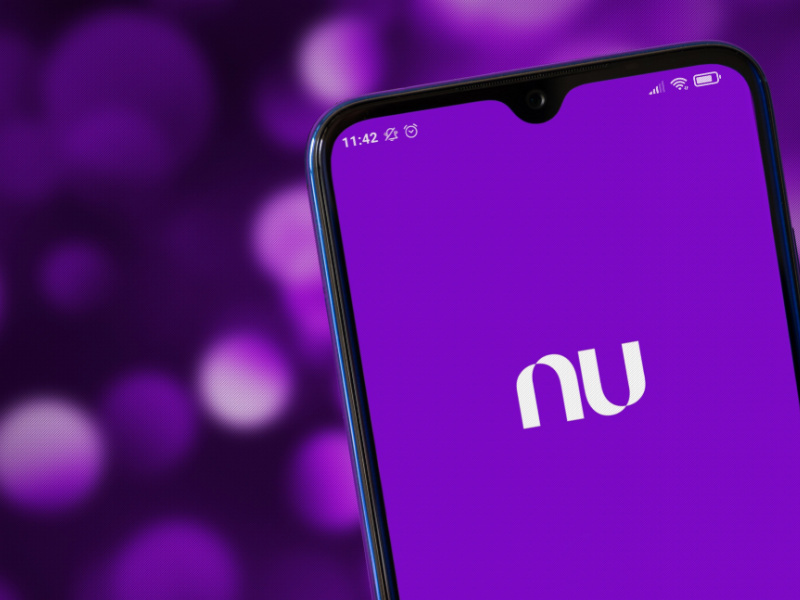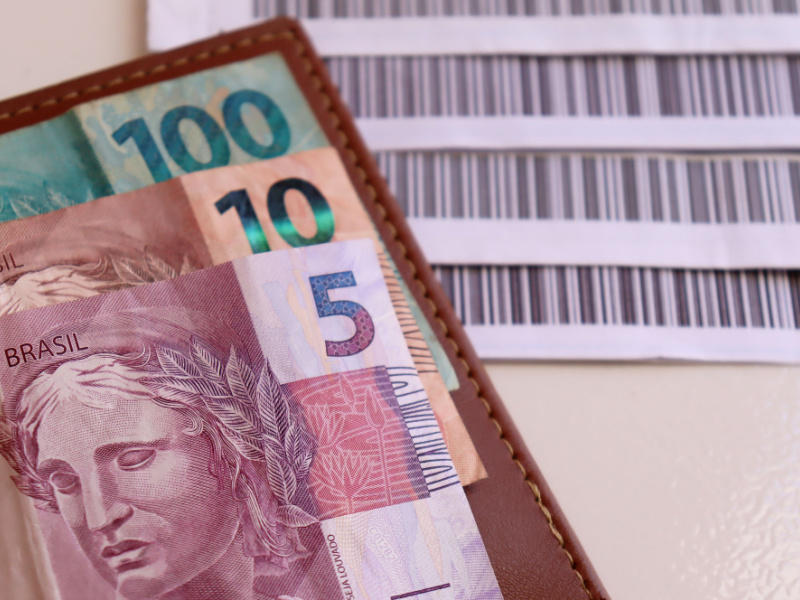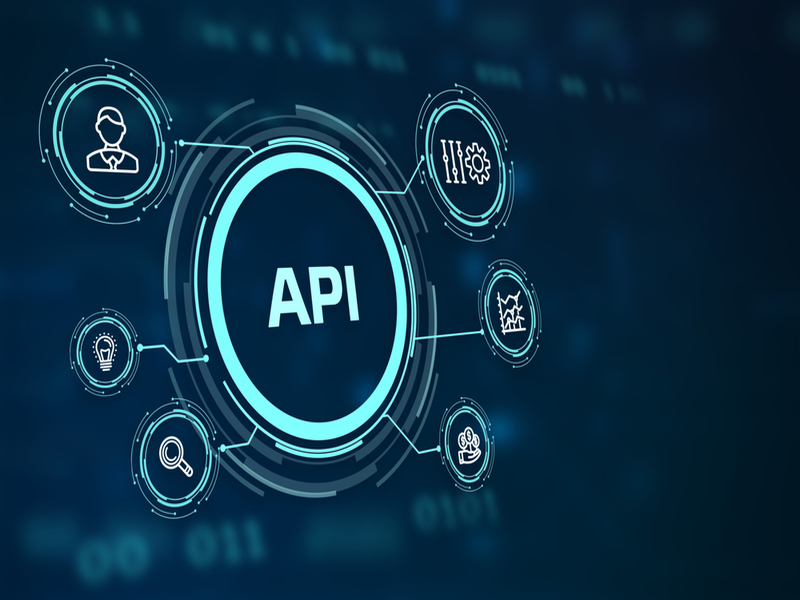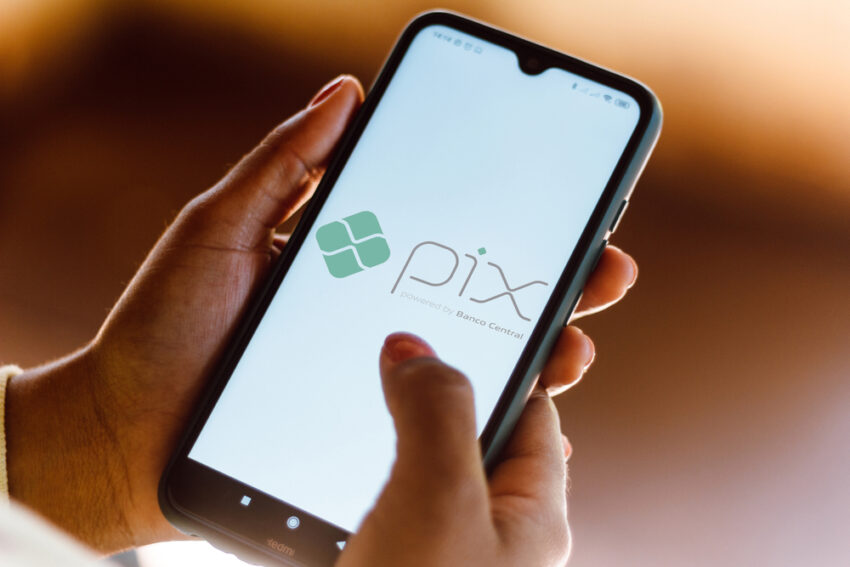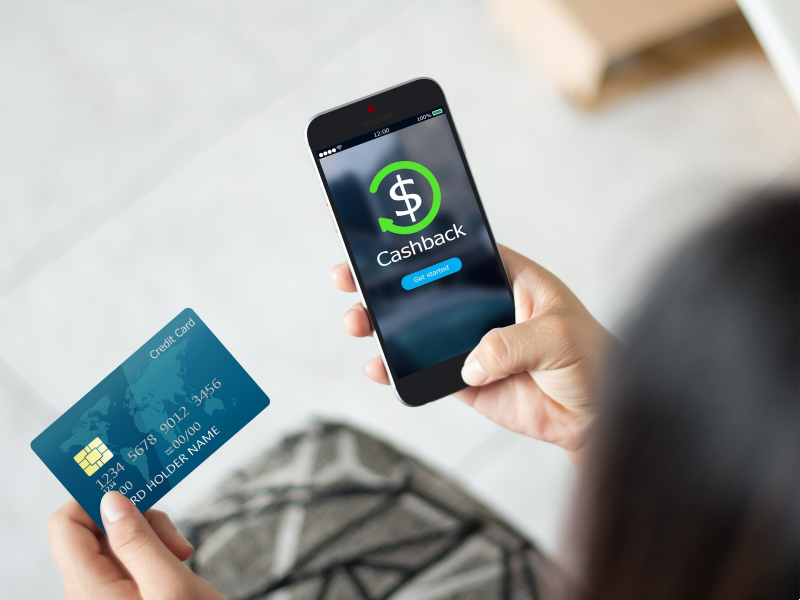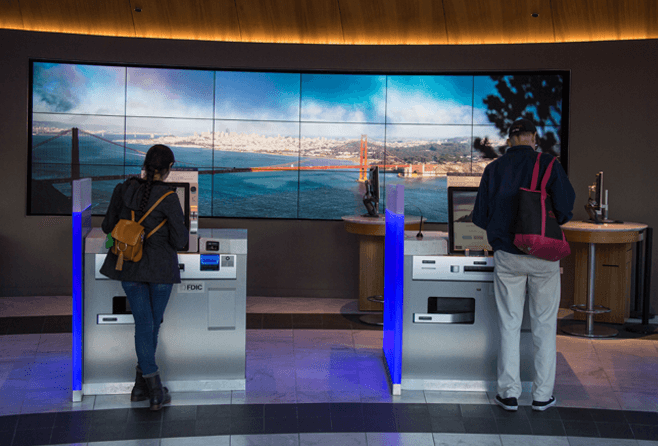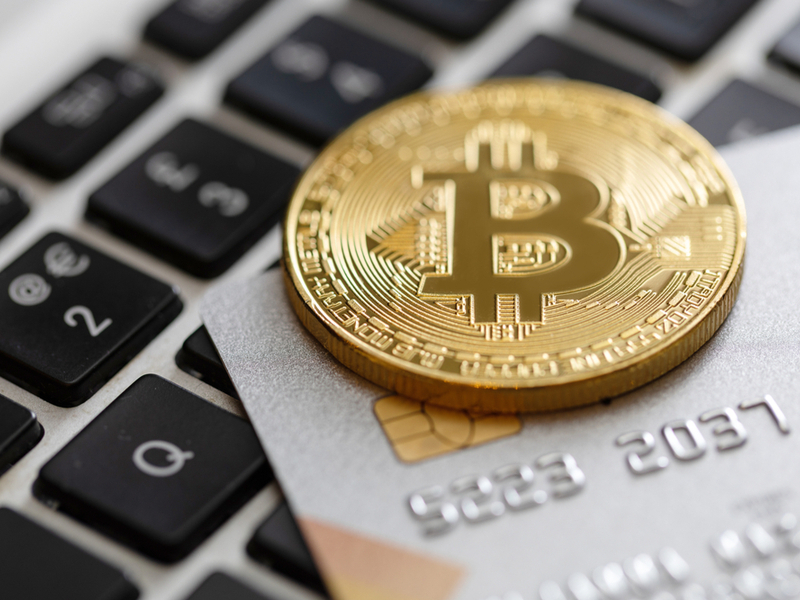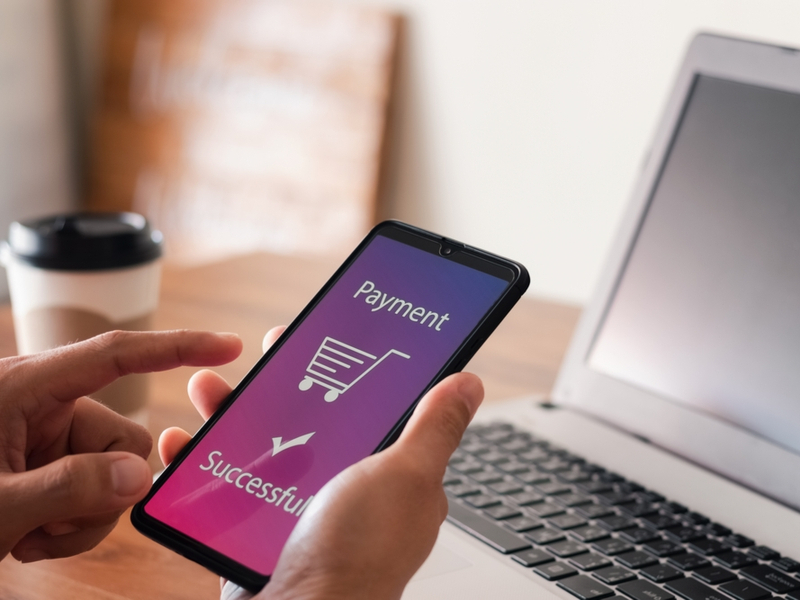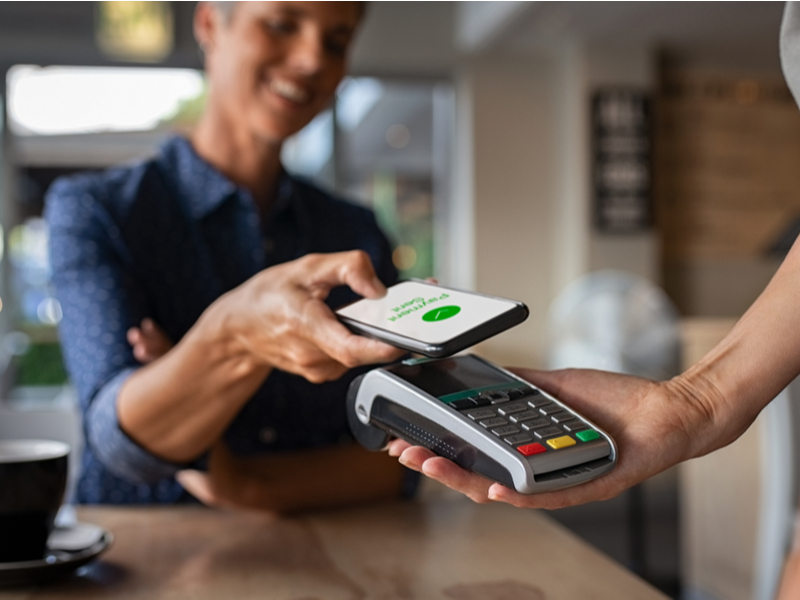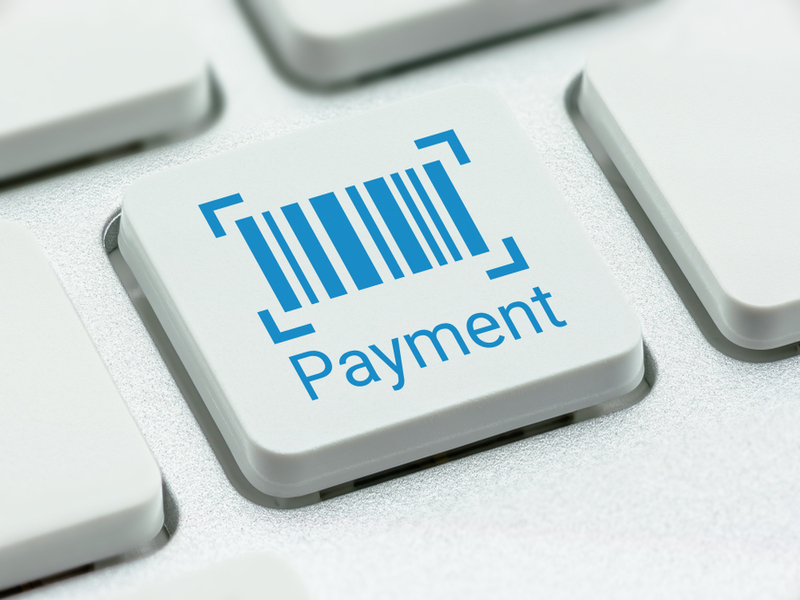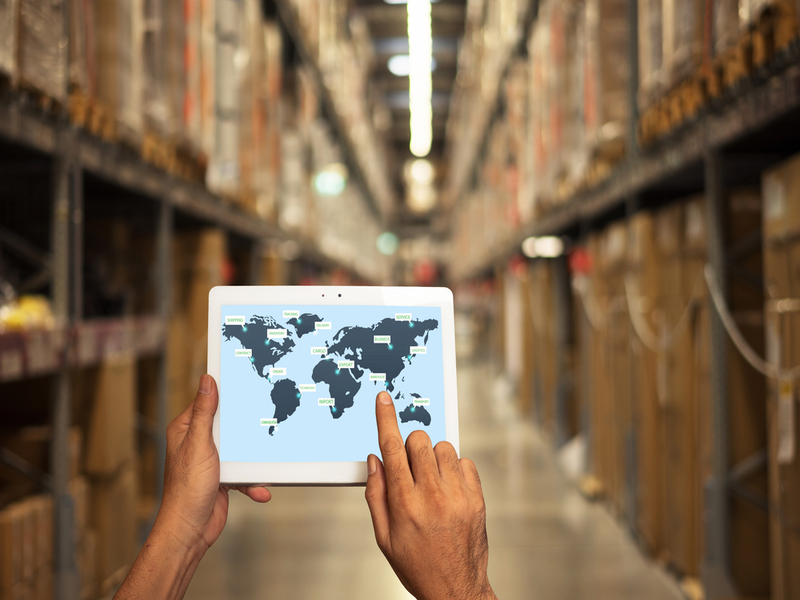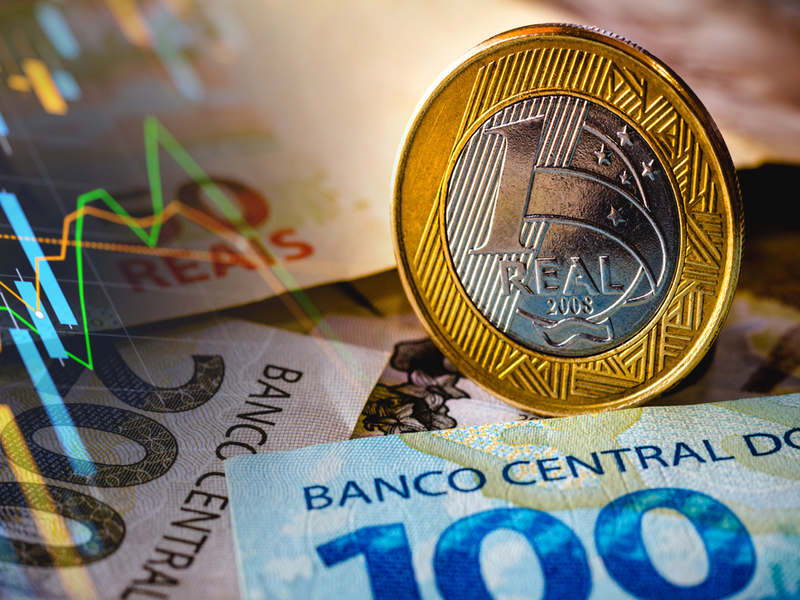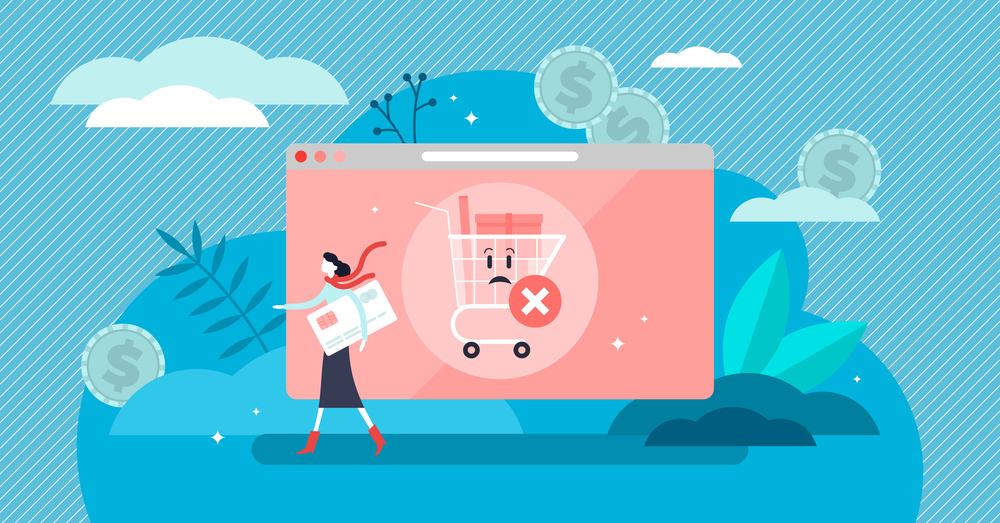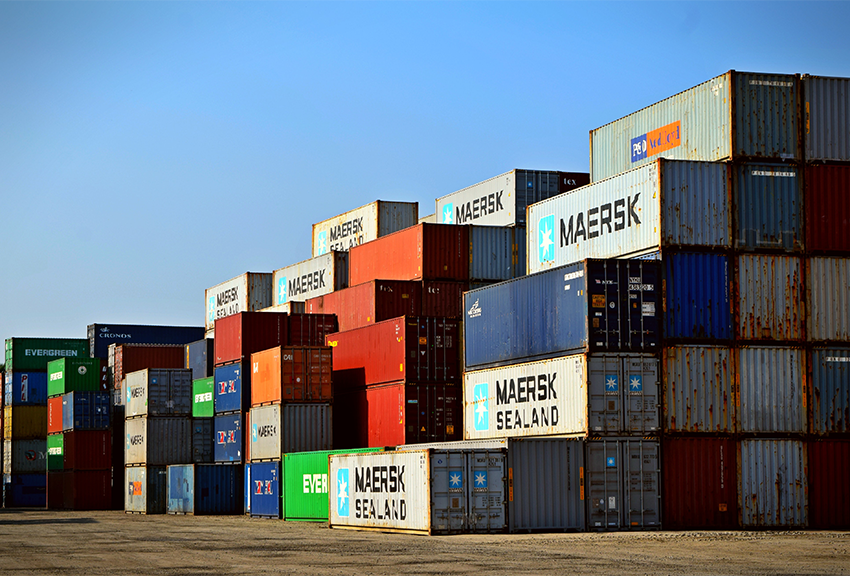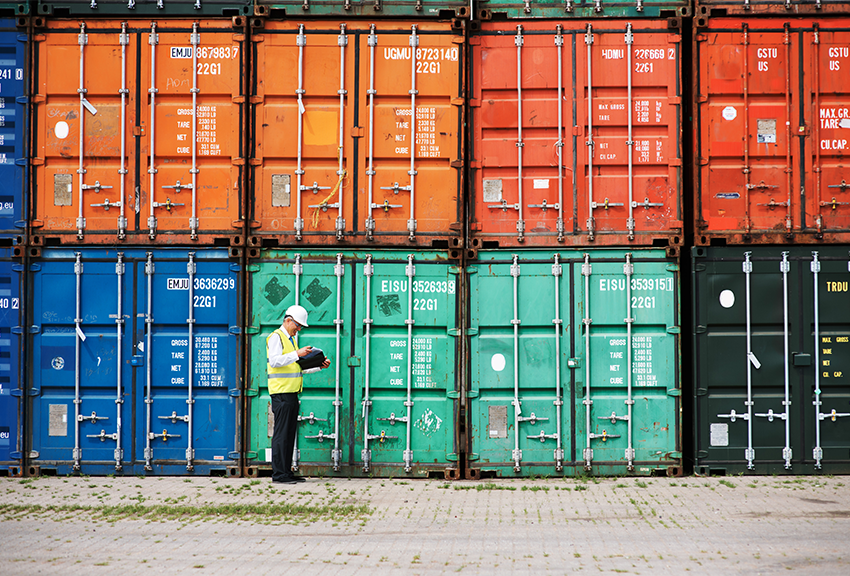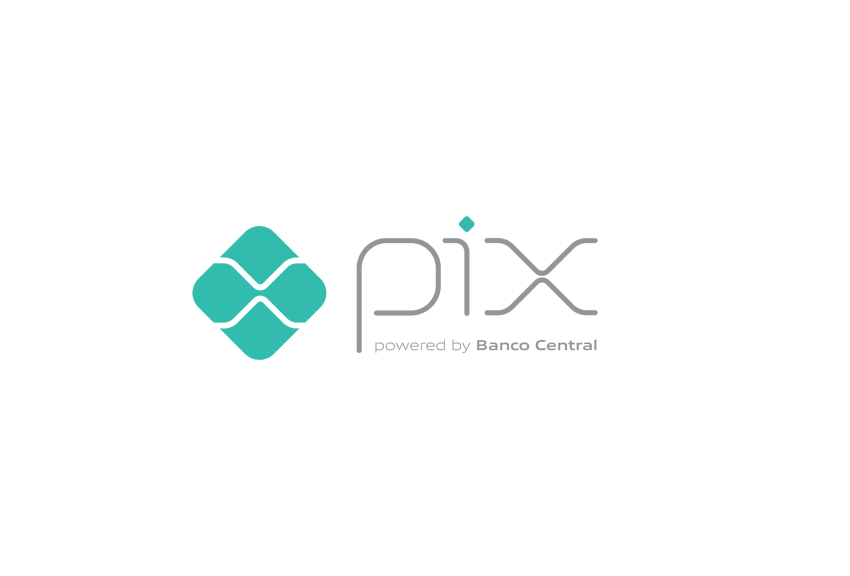Recurring or installment payment?
10/06/2021Find out the difference between recurring and installment payments and which of these payment methods is right for your business.

There are two manners to facilitate the payments: installment payment and recurring charging. While the former is more suitable for selling products, both can be an option when it comes to services. Usually, the Brazilian consumer prefers installment payment when shopping. The feature promotes a sense of increased purchasing power and allows the consumer to pay for high-value products without a severe impact on the budget. According to the Credit Protection Service (SPC Brazil), 79% of Brazilians choose installment payments whenever this option is available. That is: if you intend to reach this market, you will need to offer an installment payment method. Many companies already structure their charging method based on installment payment, adapting their business model to the economy of recurring payments.
Next, we will explain better how each one works and how to choose the best one for your business.
What is recurring payment?
Recurring payment is directly related to ongoing services, via subscription, monthly fees or plans. Details such as the payment date, period of provision of service and the cancellation policy are determined in the service agreement. Usually, it is required that the service cannot be cancelled within a certain period of time. Thereafter, every month the customer will be charged via direct debit, bank payment slip or credit card.
The difference between recurring credit card payment and credit card installment payment is simple: for recurring payments, the card limit is not affected. Accordingly, this is the best option for long term plans, such as annual plans. Schools, gyms, courses, and Software as a Service (SaaS), such as streaming services, achieve good results with this type of charging.
Spotify: a successful case in recurring payments
A true revolution in the way of consuming music: this is what Spotify has promoted since it launched, in 2008. The streaming platform operates under the freemium model. In other words, a free version is available for users who do not mind interruptions for ads. By subscribing to the service, it is possible to have a better experience in the application. Downloading the songs, to listen to them offline, is one of the advantages. This strategy works: Currently, of the 170 million active users, 75 million are premium users.
In Brazil, it is possible to pay for Spotify via credit or debit card and bank payment slip. Membership is uncomplicated, done in a few minutes from the app, and a fee is charged on a monthly basis to the customer, in small installments. One of the strategies that ensures Spotify’s success in the recurring economy is the clear and informal communication of payment issues. As the service agreements is automatically renewed, old customers are required to update their information from time to time to continue using the service.
Credit card installment payment: security for shopkeeper and the customer
The installment payment culture emerged well before the creation of credit cards. In Brazil, the credit system appeared in the 1950’s. It was advantageous for customers, who were able to make higher-value purchases, but also for shopkeepers. Every time a consumer returned to the store to pay off an installment, there was a chance that a new sale would happen. But what if the customer did not come back?
The issue of defaults was only resolved, as we know it today, starting in the 1970s, when electronic payment terminals were introduced. Thus, customer data was accessed at the time of purchase, which was authorized or not, depending on the customer’s credit limit available. Even if the bill is not paid, the shopkeeper is not at a loss. The credit card company covers it. Within 30 days, on average, the purchase amount is available to the shopkeeper.
How credit card installment payment works
There are two ways to provide for credit card installment payment. The difference between them is how the shopkeeper receives the installment payments from the card company.
For installment payments provided by the shopkeeper, the customer is charged no interest on the transaction, and the purchase installment amounts are available to the shopkeeper as they are paid. The shopkeeper will have access to the money, therefore, every 30 days. The shopkeeper may request the money to be available at an earlier time upon payment of certain fees.
For installment credit provided by the credit card company, interest is charged to the customer and the shopkeeper receives the total purchase amount in 30 days, regardless of the number of installments assumed by the consumer.
Recurring or installment payment? Which one should I provide?
Before setting the payment methods that your company will provide, you need to know the target audience of your business. In Brazil, we know there is a high number of people with access to banking services. 45 million Brazilian citizens, according to Instituto Locomotiva.
With no access to traditional banking services, a portion of this people get credit from fintechs. A survey by the National Confederation of Shopkeepers (CNDL) and the Credit Protection Service (SPC), in partnership with Brazilian Micro and Small Business Support Service (SEBRAE) points out that 40% of Brazilian consumers have already used credit cards issued by digital platforms.
Access to credit and the possibility of payment in installments for high average ticket purchases are some of the reasons behind this demand. Therefore, in addition to considering credit card, the option to buy in installments via bank payment slip (boleto) can also make a difference.
As for recurring payment, it is vital to observe the nature of your business. This type of payment only makes sense for continuous services, which will be part of the consumer’s life in the medium to the long term. In this case, providing a payment method that does not affect the credit limit is a strategy for attracting and retaining customers.
Bexs is your partner in digital payment
Still in doubt on which payment method better fits your business? Bexs Banco’s specialists may help you! We have the solution you need to reach the Brazilian market through local payment methods. Our APIs are designed to provide the best experience for the user and the shopkeeper, who can reach Brazilian customers more easily.
